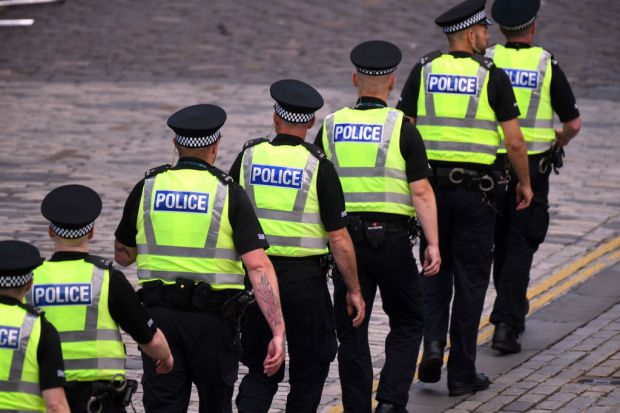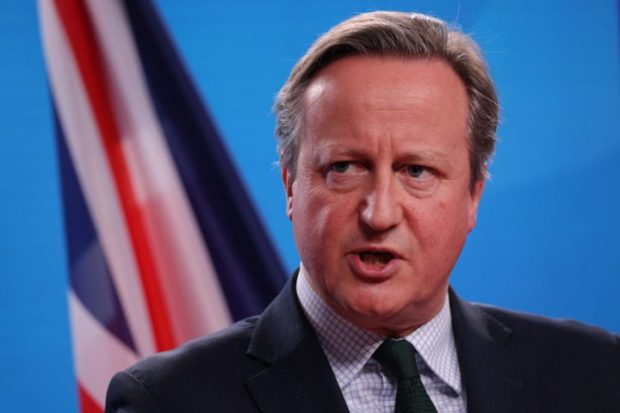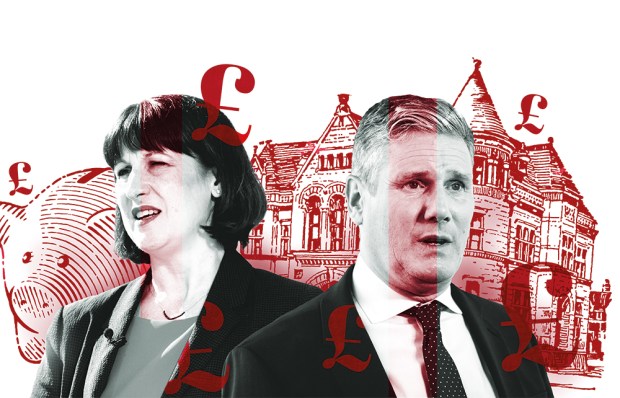It’s not often that feminists threaten legal action over plans to increase women’s representation on public boards, so the Scottish Government has managed something of a feat. ‘For Women Scotland’, a volunteer-funded gender-critical lobby group, isn’t against the principle of the Gender Representation on Public Boards Act. It’s the Scottish Government’s definition of ‘women’ they have a problem with.
The statutory guidance for the Act defines ‘woman’ to include a transwoman without a gender recognition certificate who nonetheless must meet three criteria:
1) enjoys the protected characteristic of gender reassignment under the Equality Act 2010
2) is proposing to undergo or has already undergone a process to change their sex from male to female
3) is living as a woman.
The law ‘would not require the person to dress, look or behave in any particular way’, but ‘it would be expected that there would be evidence that the person was continuously living as a woman’, for example, by employing female pronouns or using their female name on their driving licence, passport and utility bills.
On its face, and to anyone not familiar with the labyrinthian intricacies of gender law, this might sound like a reasonable compromise to accommodate a minority population. But For Women point to a clarification in the guidance: ‘The Act does not require an appointing person to ask a candidate to prove that they meet the definition of woman in the Act.’ This represents a ‘wholesale redefinition of women’, according to For Women, and they suspect the law on gender recognition is being changed by stealth.
The group’s spokeswoman Marion Calder says:
‘It beggars belief that the Scottish Government has introduced new legislation that contravenes the very essence of what a “woman” is in law. This is just the introduction of self-identification of sex by the back door… We believe this Act raises significant concerns for the status of women in Scotland. As a tool for increasing the representation of women, it is rendered ineffective and may be used as precedent to undermine legal protections for women in a manner which runs counter to UK and EU equality law.’
The campaigners’ lawyers have sent a letter to the Scottish Government, citing a legal opinion from Aidan O’Neill, one of the QCs behind the Supreme Court challenge to Boris Johnson’s prorogation of Parliament. The group contends that the Scottish Government is redefining ‘women’ in a manner that exceeds its authority under the Scotland Acts, which reserve equalities law to Westminster.
They also argue that ministers ‘failed to assess the impact of applying the new law on the need to advance equality between women and men, or consider the need to foster good relations’. They warn that should Nicola Sturgeon’s government press ahead, they will consider seeking a judicial review. A Scottish Government spokesperson said: ‘We will give the letter full consideration when we receive it.’
This is a headache the SNP doesn’t need but, it must be said, one they keep bringing on themselves. Their determination to remove medical experts from the gender recognition process — allowing people to ‘self-identify’ as male or female — has caused bitter division in the ranks of a party typified by Stepfordish unanimity.
Last June, Scottish ministers announced a pause and a fresh consultation to assuage critics before shelving the changes when Covid-19 hit. But there is a fervent commitment to gender ideology both within the Scottish Government and the upper echelons of the SNP, so it’s not surprising that For Women are on alert for legislative jiggery-pokery. For gender critical women within the SNP, the Sturgeon administration’s approach to these matters puts them in an impossible position, forcing them to choose between what they believe and who they are.
What is exasperating is that, in allowing themselves to be talked into a brazen overreach, politicians at Holyrood and Westminster raised the hopes of transgender campaigners while provoking a backlash from those with profound political and philosophical objections not only to particular policies but the ideas that underpin them. They made promises so far-reaching and with such disregard for public consent that they created the circumstances in which their assurances could not be delivered. For all their progressive rhetoric, these self-styled champions of equality have succeeded only in subjecting trans people to an acrimonious debate about deeply personal matters and are causing women to be cast as bigots for asserting their rights under a law barely a decade old. Their intentions might have been good, but the consequences have been baleful.
<//>
Got something to add? Join the discussion and comment below.
Get 10 issues for just $10
Subscribe to The Spectator Australia today for the next 10 magazine issues, plus full online access, for just $10.



















Comments
Don't miss out
Join the conversation with other Spectator Australia readers. Subscribe to leave a comment.
SUBSCRIBEAlready a subscriber? Log in